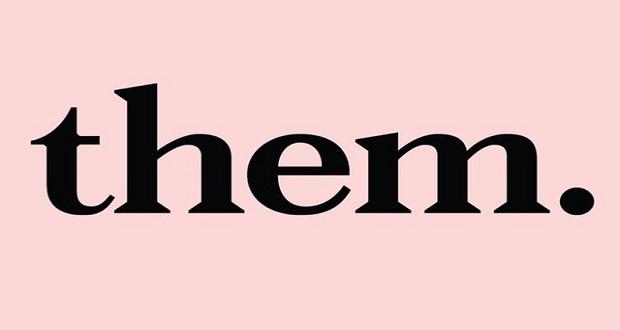Mass media giant Condé Nast announced their plans last week to launch a new venture set to lift the voices of the LGBTQ community in a completely different fashion. them, described by the company as a “Next-Gen Community Platform”, will be a digital multimedia platform that celebrates inspiration and shares stories from politics to fashion through the lens of today’s LGBTQ community. The platform will go live October 26th, and will make Condé Nast the first company of its size to create a publication platform specifically geared towards this community.
One of the many unique characteristics of this platform is its strategic targeting and representation of consumers at the intersection of the LGBTQ community and Generation Z. Creator Phillip Picardi, who was the digital editorial director of Teen Vogue and Allure said, “There is a cultural revolution happening that is spearheaded by young people who believe in fighting for equality, and we want to create a space that’s reflective of this moment.”
It seems that this platform will allow for, encourage, and uplift a level of self-expression that has yet to be seen amongst any generation and identity group in history. Phillip and the Condé Nast leadership team has recognized that the times have changed and that Gen Z, who are more comfortable leaving binaries behind than any generation before them, are looking for something new – something that reflects the stories, bodies, and identities they claim. Perhaps this platform will invite more people into open dialogue about differences around sexuality and gender. them also has the potential to give the public a chance to take a deeper dive into another marginalized group’s experience and understand what life is like from their lens.
However, the platform name “them” might be a roadblock to the success Condé Nast hopes to see. As Chris Morris in Fortune stated, “The publication name may have been a bit deaf tone.” Although the media company is offering an opportunity for non-dominant groups to be heard, the title isn’t resonating well with certain activists who believe it may promote an “Us vs Them” mentality. Condé Nast might have the right intention by beginning this new venture (perhaps them is a play on how society “others” this community), but the impact and message received from the target audience may be completely different and potentially harmful. Time will tell, but we hope they move forward with intention and inclusion.



















